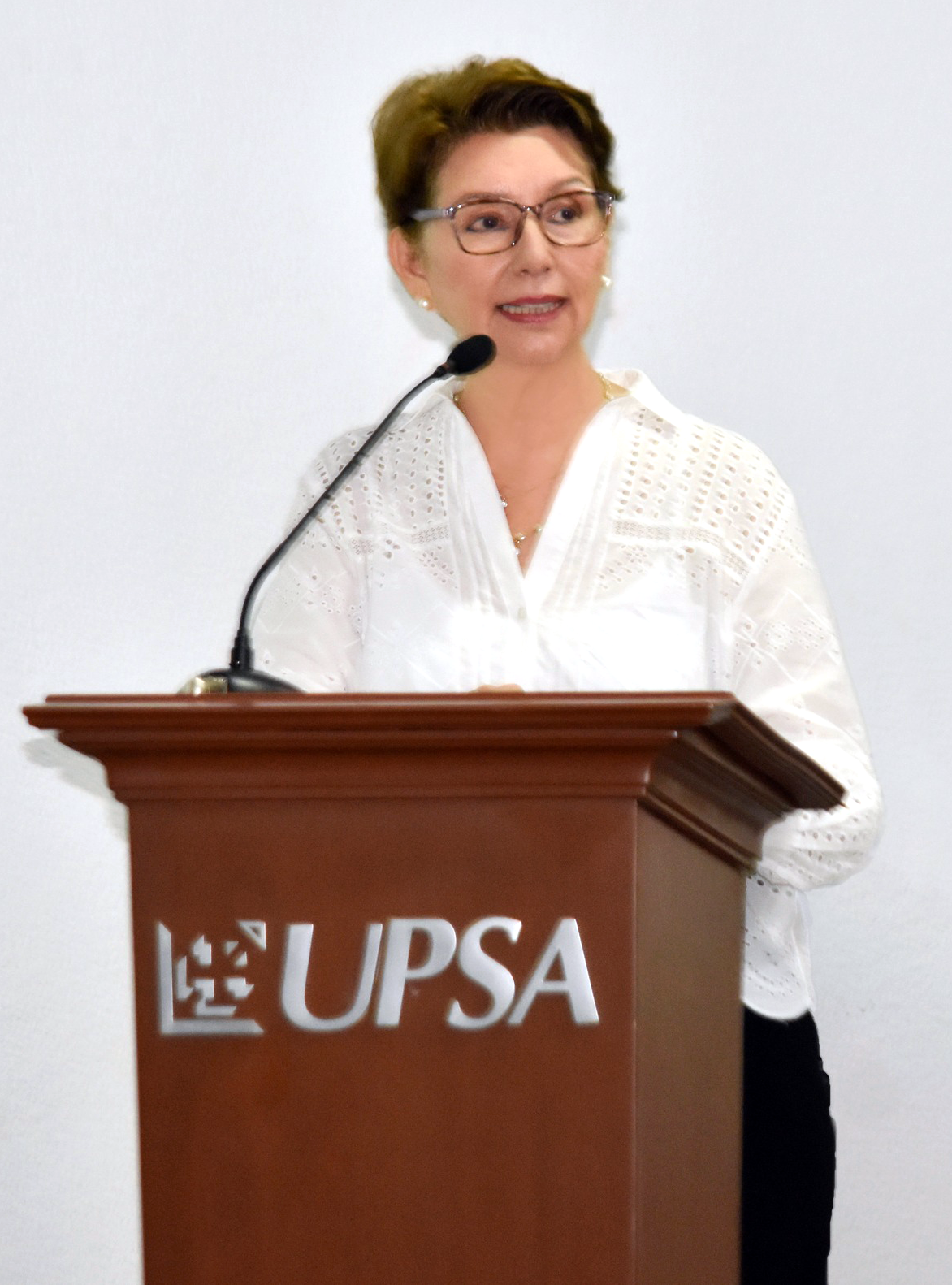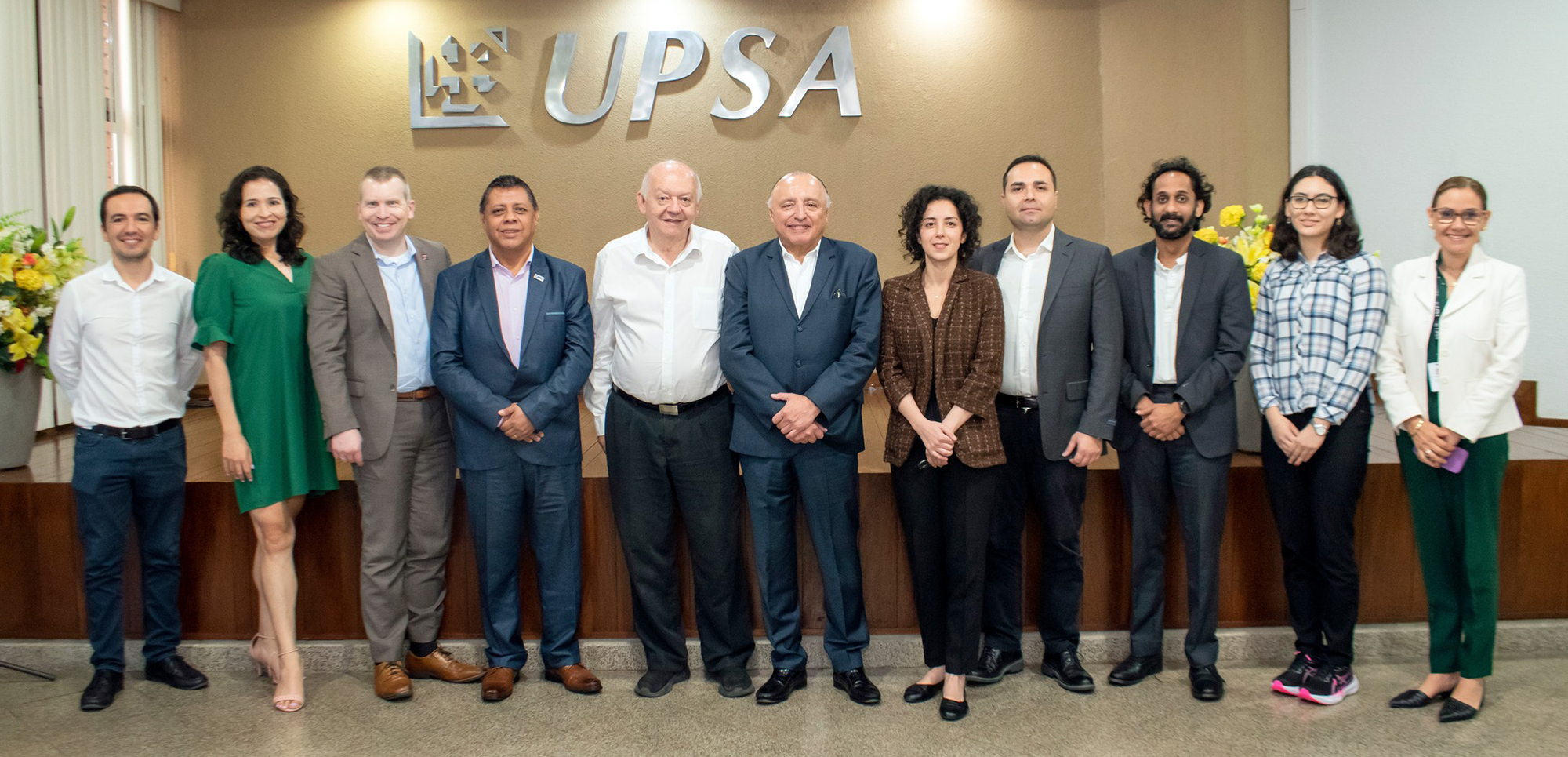
In December 2024, four Texas A&M Energy Institute students traveled to Santa Cruz de la Sierra, Bolivia to contribute to the modeling of an intelligent sustainable energy system for Bolivia as a part of the final components of the “MOISES” (Modeling an Intelligent Sustainable Energy System) project, funded by the US Embassy in La Paz, Bolivia.
The MOISES Team traveled to Bolivia for the MOISES project’s third workshop, research meetings, and visits to industry sites and dialogues with local industry leaders in Bolivia. The group also engaged with Texas A&M alumni in Bolivia and experienced cultural experiences in Santa Cruz de la Sierra and the surrounding rainforest.
This is part of the MOISES (Modeling an Intelligent Sustainable Energy System) project, which aims to model an intelligent sustainable energy system for Bolivia, which is led by Dr. Stratos Pistikopoulos, the Director of the Texas A&M Energy Institute, and Dr. Oscar W. Serrate, the Dean of Engineering at the Universidad Privada de Santa Cruz de la Sierra (UPSA), and supported by Dr. Konstantinos Pappas, Associate Director of the Texas A&M Energy Institute, and Jeff Sammons, Associate Executive Director of the Texas A&M Energy Institute, as well as UPSA’s faculty and staff. MOISES is leveraging academic dialogue, exchange of experiences, scenario planning, and modeling to pave the way for a more sustainable energy future for Bolivia, as well as create a model of action for stakeholders to cooperate.

Bolivia Visit Participants
UPSA Team
- Oscar Serrate Cuéllar
Dean of Engineering - Marcelo Lazo Duabyakosky
Faculty of Engineering - Alejandra Klinsky
Head of the Hydrocarbons Laboratory - Gastón Mejía Brown
Head of the Oil and Natural Gas Program - Enrique Arce
Student - Nicolas Noya
Student - Irene Rivero
Student - Mariana Toledo Torrico
Student
Texas A&M Team
- Jeff Sammons
Associate Executive Director, Texas A&M Energy Institute - Betsie Montano Flores
Student - Funda Iseri
Student - Halil Iseri
Student - Rahul Kakodkar
Student
Glocal Energies Workshop
The Interplay Between Global Energy Systems and Local Energy Practices
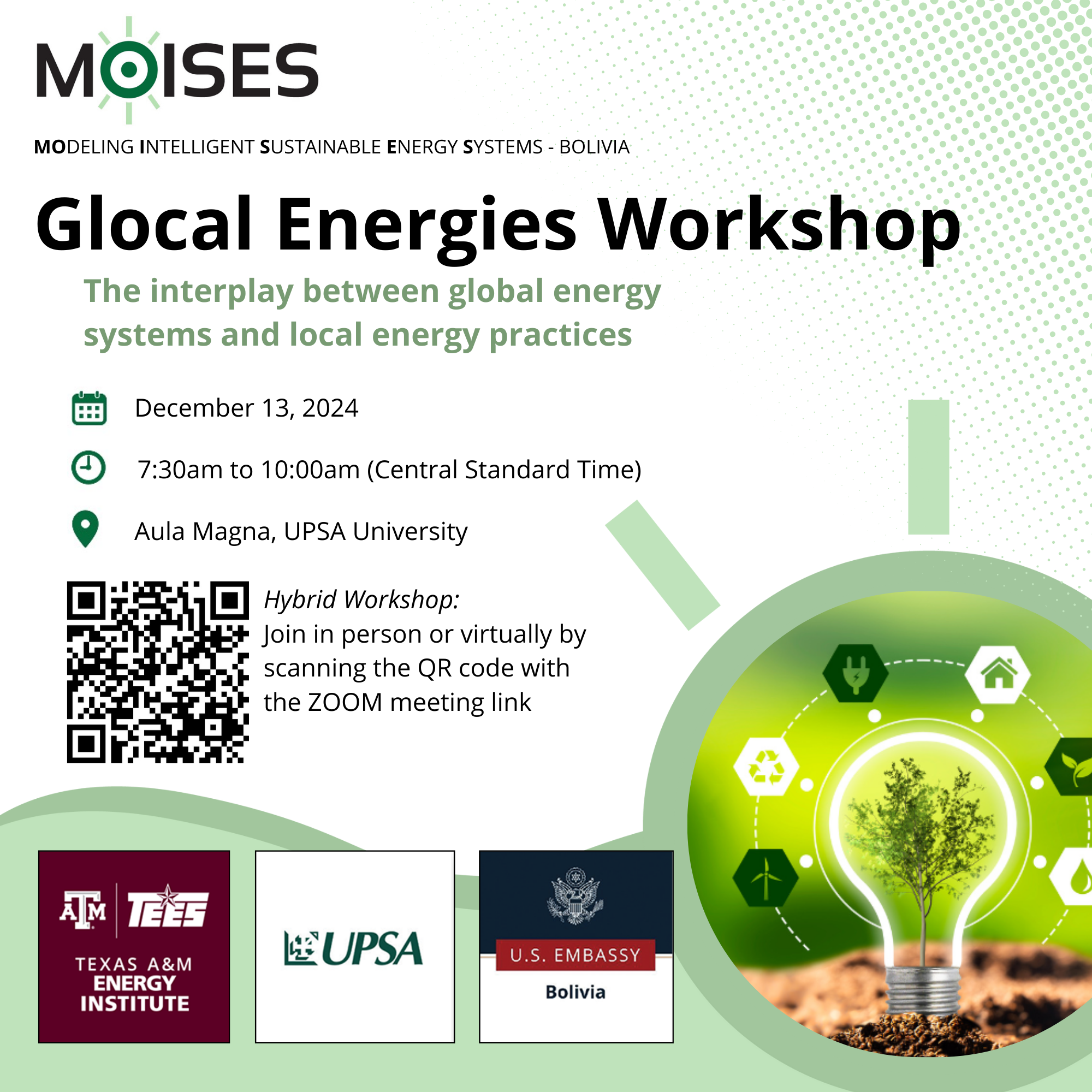
On December 13, 2024, the Universidad Privada de Santa Cruz de la Sierra (UPSA) and the Texas A&M Energy Institute co-hosted a workshop titled “Glocal Energies Workshop: The Interplay Between Global Energy Systems and Local Energy Practices.”
This is the third workshop in a series that started in early 2024, and built upon previous discussions focused on Bolivia’s energy challenges and energy strategies in South America. The first workshop’s topic focused on understanding the energy problems and challenges in Bolivia, and was titled “Energy Trends in Bolivia.” The second workshop, titled “Navigating the Storm: Building Energy Resilience for a Sustainable Future in South America,” was held at the Texas A&M Energy Institute and showcased models and experiences within a sustainable energy transition implemented in neighboring countries in South America, with the aim of gleaning lessons and knowledge that could be applied in Bolivia.
The workshop featured an opening presentation from the Rector of UPSA, Lauren Müller de Pacheco, who stated in Spanish, “La colaboración que hoy celebramos es más que un esfuerzo académico. Es un acto de acercamiento, intercambios y relaciones de hermandad que fortalece los lazos entre nuestras instituciones.” / An English translation for this is, “The collaboration we celebrate today is more than an academic effort. It is an act of approach, exchanges, and fraternal relations that strengthens the ties between our institutions.”
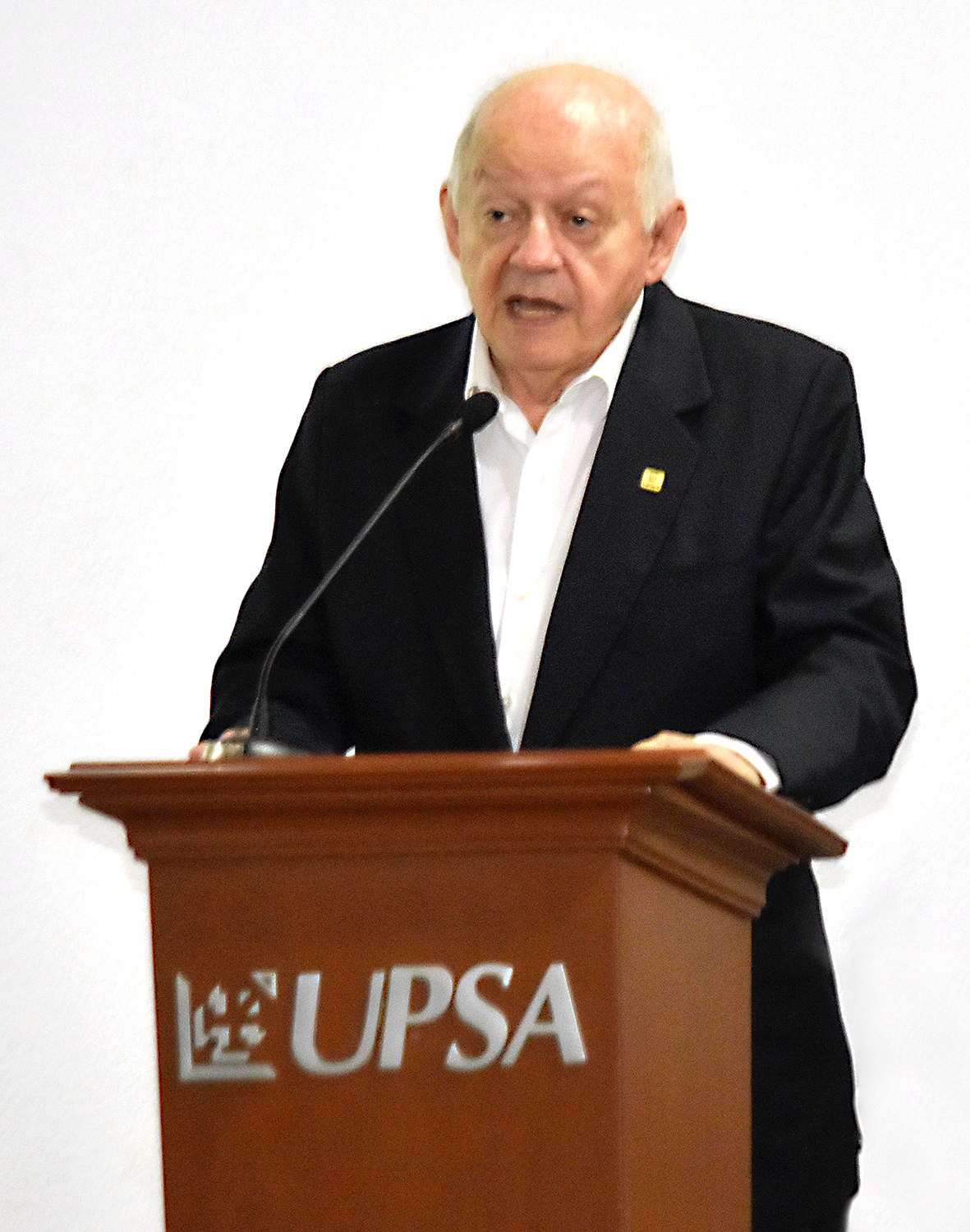
The Dean of the Faculty of Engineering at UPSA, Oscar Serrate Cuéllar, highlighted the need to analyze what is happening globally and consider what could be adopted or adapted to local conditions in Bolivia. He stressed the need for concrete solutions.
Other presenters at the workshop included the following:
- Stratos Pistikopoulos, the Director of the Texas A&M Energy Institute
- Dr. Pistikopoulos shared reflections on global energy issues.
- Oscar Siles Chávez, the President of Association of Energy Engineers Bolivia Chapter and an International Consultant on Energy and Green Hydrogen Ecosystems
- Mr. Siles discussed modeling considerations to determine the levelized cost of hydrogen production as well as economic feasibility analysis.
- Angel Zannier, general manager of Hidroeléctrica Boliviana S.A.
- Mr. Zannier detailed local electricity expansion and planning practices in relation to global trends.
- Marcelo Fajardo, a member of the Faculty of the Escuela Superior Politécnica del Litoral (ESPOL) in Guayaquil, Ecuador
- Dr. Fajardo shared some conclusions and discoveries from a study on the energy crisis in Ecuador and how global dynamics interact with the local practices and infrastructures of that country, causing significant economic, social, and environmental impacts.
The analyses and conclusions from all three workshops will be summarized and disseminated in the near future, with a goal of a broader understanding of the multifaceted impacts related to changes in energy systems.
Industry Engagement

While in Santa Cruz de la Sierra, the MOISES Team had the opportunity to see the industrial heart of the city – and the country – in action through an industrial park tour. Santa Cruz is not only known for being the center of industrial production, but the broader Santa Cruz department (region) is the agricultural heart of the country.
Headquartered in Santa Cruz, EMPACAR S.A. is a leading recycling and packaging production company in Bolivia, which is “working to transform rigid models plagued by misconceptions about what was considered ‘trash,'” says its General Manager Carlos Limpias. “We continue to redesign business models and encourage industries to incorporate new approaches that include the Circular Economy as part of their activities.”
The MOISES Team was able to follow the full process of EMPACAR’s operations, from receiving a used bottle to sorting, washing, cutting, melting, pelletizing, blow molding, and shipping for distribution. At each step along the process, energy and water consumption were tracked and minimized, and the team was able to investigate how these processes have improved over time and how this enterprise provides stable and rewarding jobs for skilled Bolivians.
Texas A&M Former Students Dinner

Despite being more than 4000 miles away from Texas A&M University, the city of Santa Cruz de la Sierra is home to more than 50 Former Students from Texas A&M University. An even larger number of Aggies call Bolivia home. Over the years, a network of Aggies in Bolivia has been growing, allowing for camaraderie and shared experiences in College Station to continue to live on.
When members of the Aggie Network in Bolivia heard that a delegation from Texas A&M would be in Santa Cruz, word spread rapidly and they decided to host a dinner at a restaurant to gather Aggies together. A Texas A&M flag was flown inside the restaurant, and the Texas A&M MOISES Team was able to share about their work and impacts in Bolivia. The Aggies in Bolivia hope to meet frequently in the future and contribute to future efforts of the MOISES project.
Analysis Session at La Rinconada Eco-park
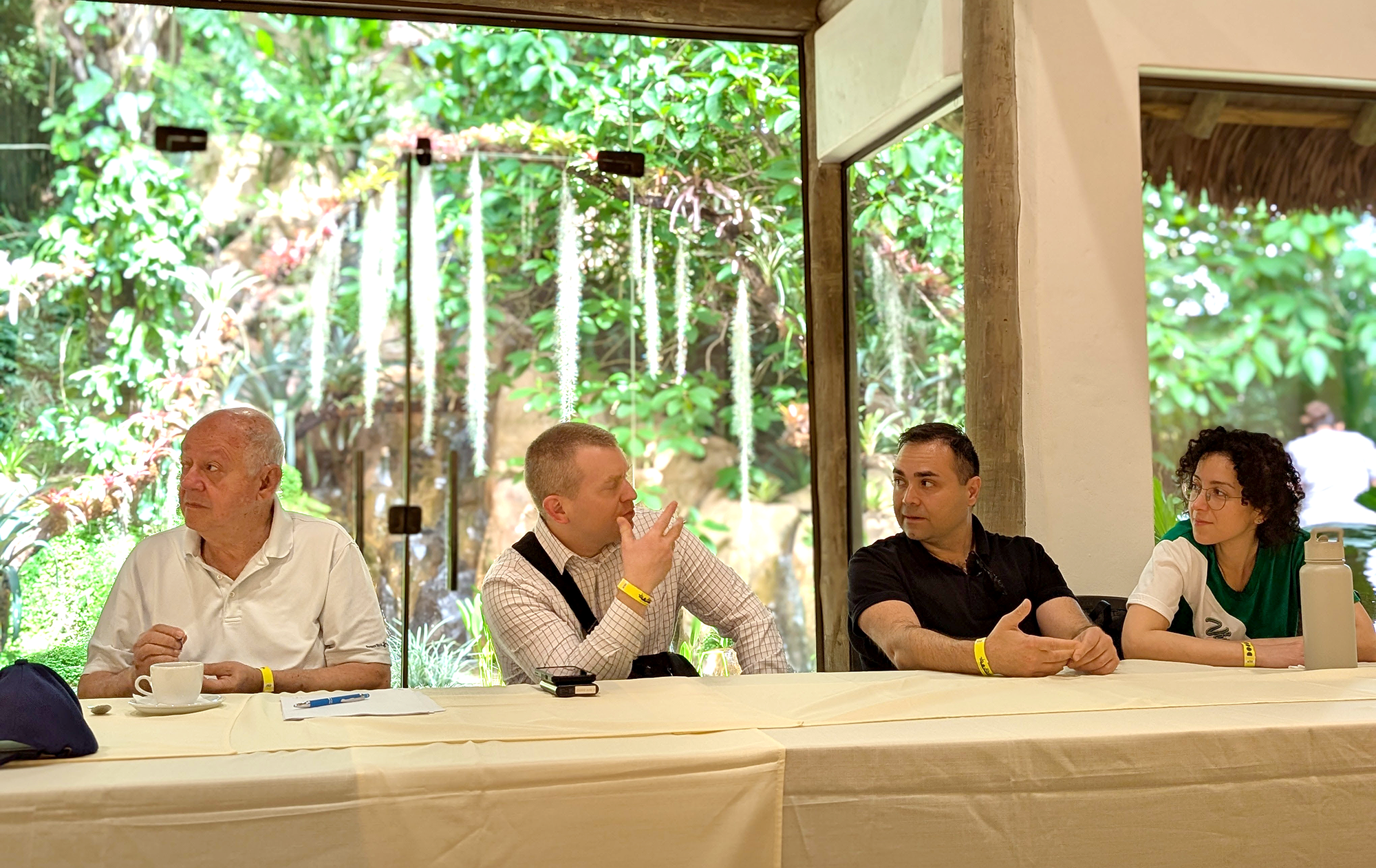
Near the end of the trip, the UPSA and Texas A&M Teams gathered for a detailed analysis session on data gathered and observations from the three workshops, team meetings, and sector intelligence. The UPSA Team selected a special site, La Rinconada Ecoparque y Restaurante (Eco-park and Restaurant), for this important work.

La Rinconada, hidden away outside Santa Cruz, is a garden paradise filled with beautiful plants and rainforest animal life, including colorful birds and monkeys. Centered on a lagoon, this eco-park attracts families and those who want to escape the busyness of the city. However, this served as a perfect backdrop for the dialogues on the future of Bolivia, the implications for the burning of the rainforests, and the importance of Bolivia’s natural resources and wildlife.
Future Plans
The MOISES Team is currently finalizing its reports, including scientific papers that will be published in peer-reviewed scientific journals. This paper will include the majority of the analyses and conclusions from the entirety of the MOISES program.
A core principle underpinning this project has been the unwavering belief in the power of trust. Building trust among the diverse group of experts—as they combined their expertise and commitment—was essential. This foundation of trust enabled the creation of the MOISES model. Crucially, MOISES is not conceived as a final answer, but rather as a dynamic tool designed to facilitate ever-widening participation in an ongoing interactive process. It is a platform for continuous improvement and refinement, driven by collaborative input. By prioritizing collaboration and shared objectives, this project lays the groundwork for inclusive and adaptable solutions to Bolivia’s pressing energy needs, offering valuable lessons and inspiration for other countries and regions facing similar challenges.
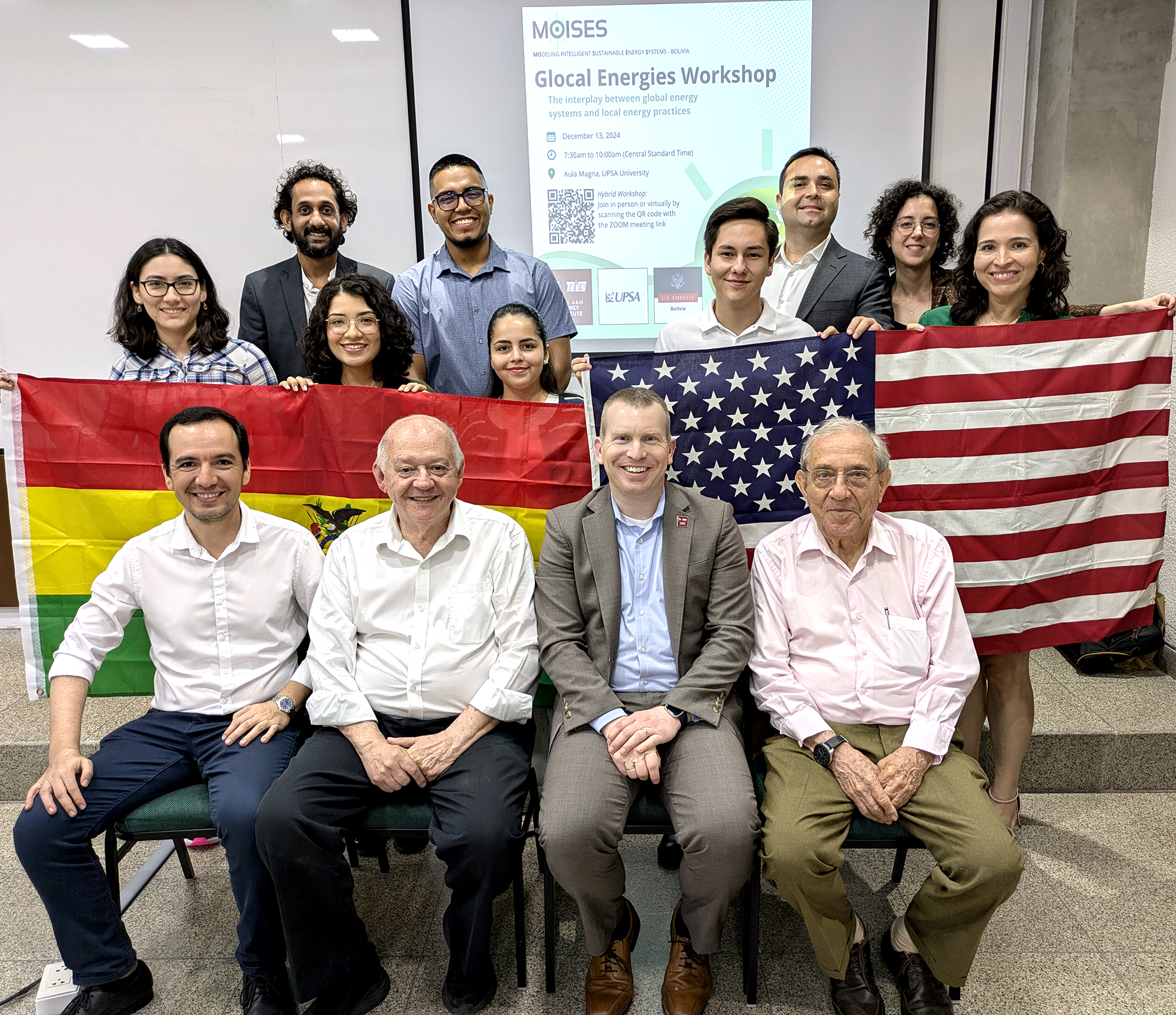
MOISES Program

Learn more about the Texas A&M Energy Institute’s MOISES program:
- News Articles
- Events
- First Workshop: Navigating the Storm: Building Energy Resilience for a Sustainable Future in South America
- Second Workshop: Navigating the Storm: Building Energy Resilience for a Sustainable Future in South America
- Third Workshop: Navigating the Storm: Building Energy Resilience for a Sustainable Future in South America

